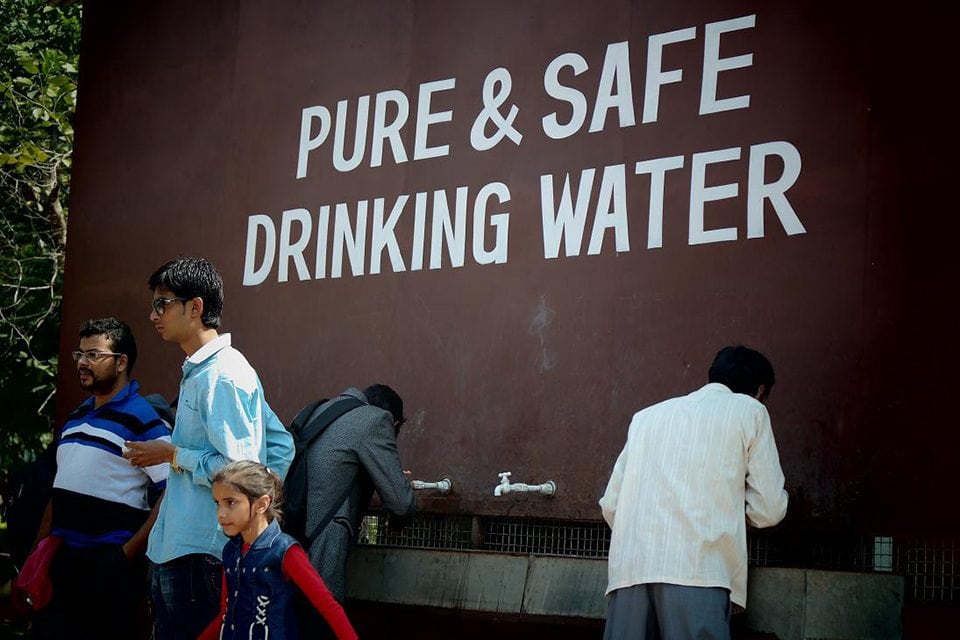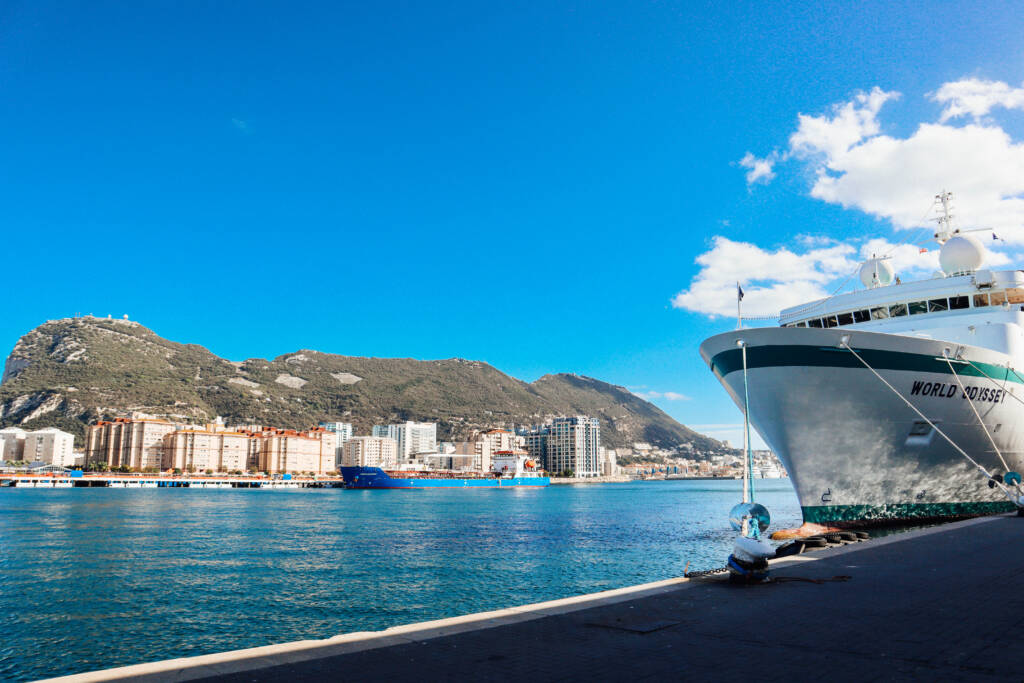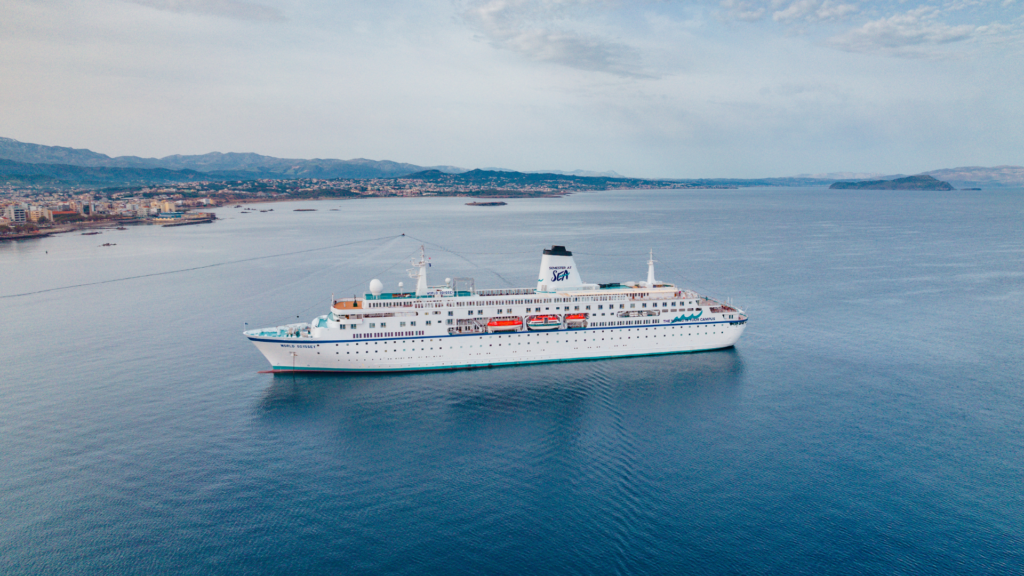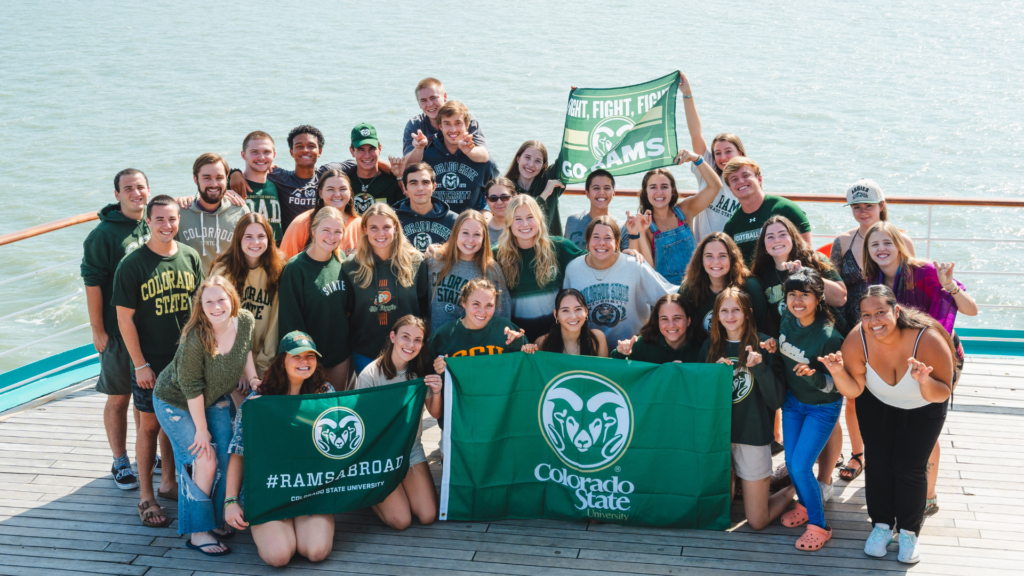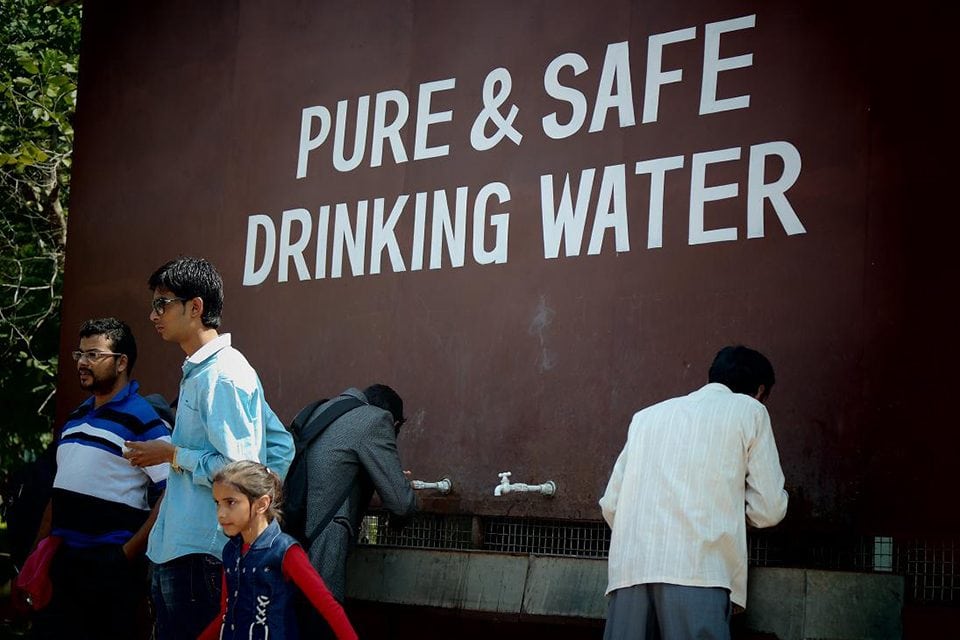 Water is recognizably a necessity for all, though globally we lack equal access to this resource. My desire is to one day work on ground water treatment and distribution internationally as a career, which is why when I applied as a presidential scholar for the Spring 2015 voyage I knew that my project had to relate to discovering water issues around the globe.
Water is recognizably a necessity for all, though globally we lack equal access to this resource. My desire is to one day work on ground water treatment and distribution internationally as a career, which is why when I applied as a presidential scholar for the Spring 2015 voyage I knew that my project had to relate to discovering water issues around the globe.
I decided that I wanted to test the water quality in each of our port as well as gain some insight from the water companies in the countries. Unfortunately, the interviews with the water representatives fell through, but I had what I believe to be, an even better alternative. I decided mid-voyage to start asking locals that I meet about their daily water usage. What I found was that the accessibility and quality of water varies drastically across the world. Ying Ying, my tour guide in China, grew up in a community square called a Hutong. She said that there has never been a time in her life when she could drink water from the tap. Each morning her family must boil pots of water for use throughout the entire day.
In Myanmar I met a 13 year old girl who gives tours every day in an effort to get enough money to buy her family the necessary three jugs of water a day, as their piped in water is only suitable for bathing. While those in Myanmar and China have to put so much effort into getting this necessity for their lives, others around the world have what seems to them, infinite access to fresh water. For example, my guide in Singapore explained to me that his tap provides him with an “unlimited” amount of some of the world’s cleanest water.
In an effort to share my findings with the shipboard community I held “Discovering Water” discussion sessions. Each of us travel to different 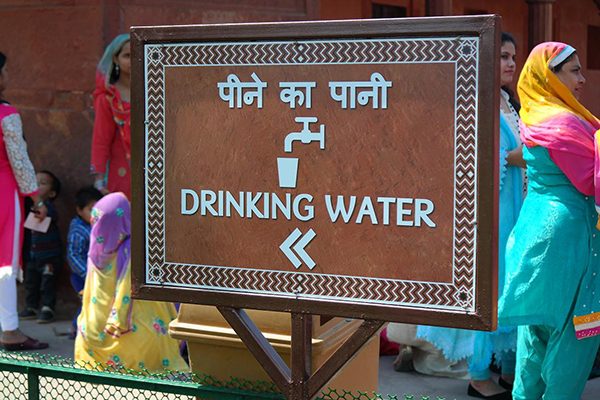 parts of the countries and when we all come together to talk about our interactions with water we see that although I saw relatively clean water in Jaipur and Agra, those who stayed in Ho Chi Minh felt that the water was very polluted. These meetings were a great way for us to learn from one another and to interpret the things that we were seeing, an important aspect of the Semester at Sea community in all topics.
parts of the countries and when we all come together to talk about our interactions with water we see that although I saw relatively clean water in Jaipur and Agra, those who stayed in Ho Chi Minh felt that the water was very polluted. These meetings were a great way for us to learn from one another and to interpret the things that we were seeing, an important aspect of the Semester at Sea community in all topics.
In addition to water availability, my water testing provided me with a great deal of information on the quality of the water. Prior to the voyage I purchased 13 First Alert drinking water kits. These kits provide tests for pH, bacteria, hardness, chlorine, nitrate, nitrites, and pesticides. While in each port I concluded that making it into someone’s home to test their tap was both potentially unsafe and unrealistic, so I decided that I would test samples of water from the tap in public restrooms. Although, I spent a lot of time standing awkwardly at sinks waiting for the results to come back, the findings were worth it.
When judging the quality of the water, I compared the values both to those of the MV Explorer and of the U.S. standards. According to my findings, I have observed that overall, Vietnam has the poorest water quality. However, by being in the country I was able to see that this quality cannot be fixed by simple water infrastructure, it is much larger than that. Before ever attempting to fix the water I believe that municipality procedures must be in place to keep the trash out of the waterways. If we cannot eliminate the source of the pollution, this struggle with water quality will never end. This problem is one that was not unique to just Vietnam though. I believe, Myanmar, India, and China must also adjust other processes in their daily lives in order to fix their water problems. My hope is that over time, people will be able to focus their time on other things besides collecting water from a communal source or boiling it on the stove top.
By completing this project I wanted to gain an understanding of where I would like to start my water work upon graduation. This voyage has taught me that water is a struggle everywhere, whether it’s regarding quality or amount. I am not biased in where I would like to begin my work and truly believe that wherever I go, the water situation will be in need of repair.
When I graduate as an environmental engineer in May 2017, I anticipate working with an engineering firm for a few years before switching to my “dream job”. For me, the dream isn’t about money, it’s about doing what I feel is my duty as a citizen and that is helping others. I want to use the skills that I will have acquired in engineering to help treat and deliver fresh water to people around the globe at a nonprofit level.
When I look back at this project and voyage as a whole, I can’t help but think that it wouldn’t have been possible without the generous donors who provided me with my scholarship. Prior to this voyage I had never been on airplane, or even a train for that matter, so my dream of traveling the world and delivering water to people felt untouchable. Thanks to this wonderful program that Semester at Sea has developed, I was able to see the world with my own eyes and come to the realization that my dream can someday become reality. One day, when I complete my first water delivery I will be sure to thank Semester at Sea for showing me the world and giving me hope in the future!
